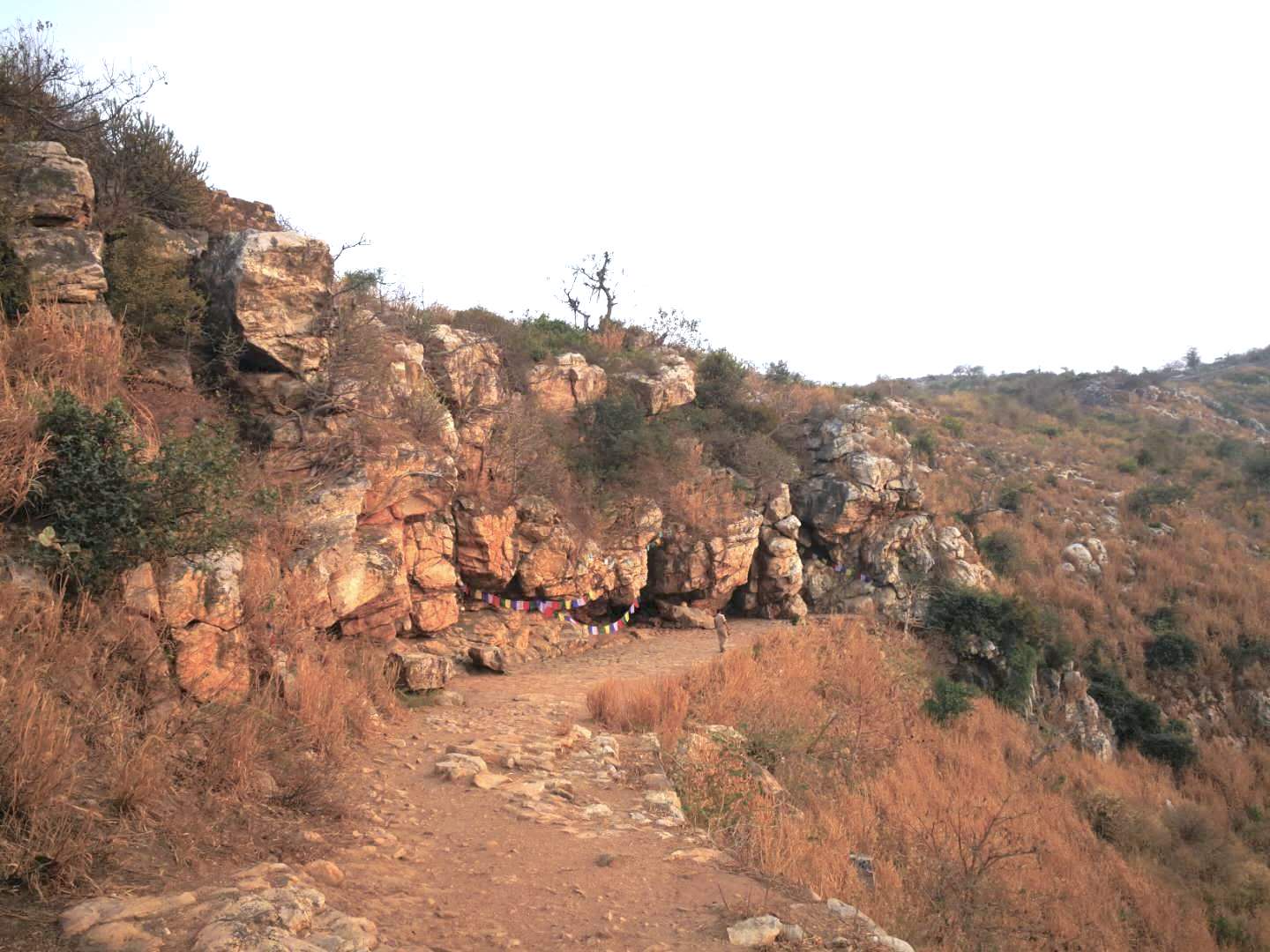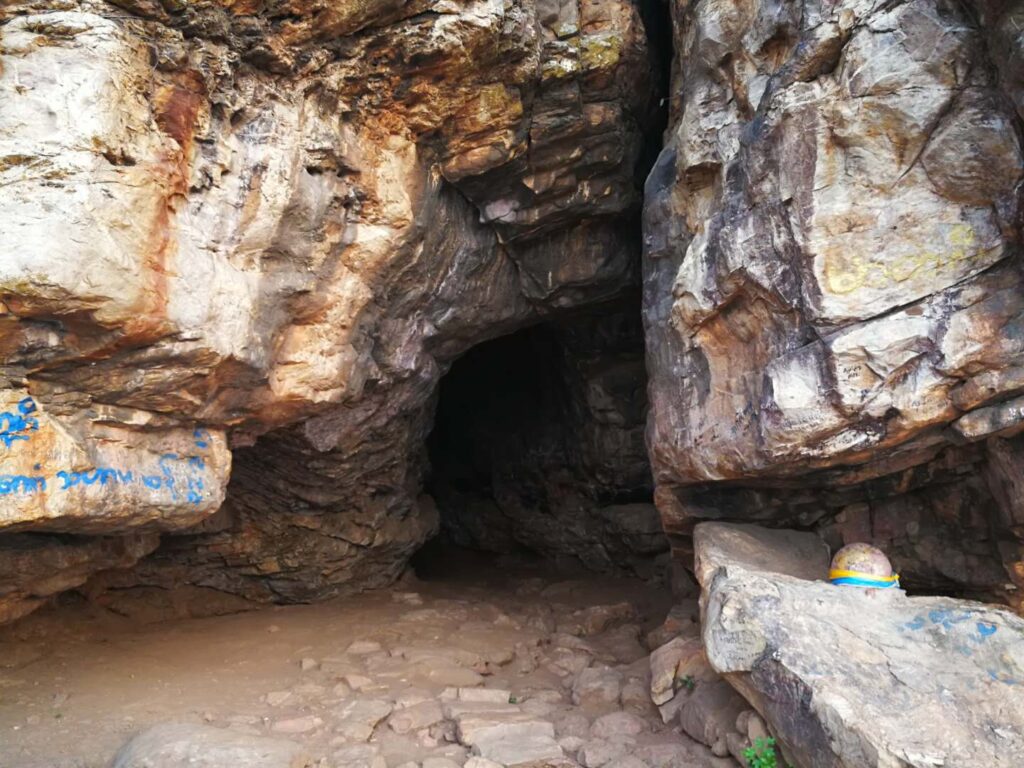
Meditation
Why Meditation?
1. Stress Reduction
Meditation reduces stress. Meditation practice gives you some “down time” to isolate yourself from the outer world both physically and mentally. It relaxes both your body and your mind and therefor reduces your stress. Practicing meditation is to give yourself time to recover, to clear your mind and to gain energy.
2. Improved Health
Meditation will improve your health by strengthening your immune system, reducing your blood pressure and lowering cholesterol levels.
Meditation is often of particular interest to people who are diagnosed with a chronic or potentially life threatening illness. People with serious medical conditions like cancer will sometimes turn to meditation as a means to enhance the process of healing and recovery. While meditation should never be used as a substitute for proper medical care, in some cases it can lead to medical breakthroughs and healing even when traditional medical treatments have been unsuccessful.
Of course, you do not have to be terminally ill to benefit from the healing effects of meditation! Even if you have just come down with a case of the flu, meditation will enhance the function of your immune system and help to you to rest more deeply, leading to a speedier recovery.
Meditation also happens to be a wonderful way to alleviate headaches and to prevent them from recurring.
3. Improved Sleep
Sleep is a totally natural human function, and it’s something we need every day. But if you have a busy mind or if you are stressed then you may find that your sleep is not as restorative as it should be. Meditation dramatically improves the quality of your sleep, and it is one of the most powerful natural treatments for insomnia. A great reason to meditate.
4. Slowed Aging
Studies into the effects of meditation have shown that the regular practice of meditation can slow the aging process. The biological age of long term meditators is generally less than those of people who have never meditated. It is believed that the physiological cause of this is due to the fact that meditation helps to reduce the body’s production of free radicals. Free radicals are organic molecules that are responsible for aging, tissue damage, and possibly some diseases.
5. Emotional Stability and Positive Thinking
Meditation is a very powerful natural prescription for people who suffer from anxiety and/or depression, and it is also taught to people who have difficulty controlling their anger. However, you do not need to have a serious psychological condition for meditation to be of benefit to you! Every-day people who meditate generally enjoy a lot more…
6. Happiness
People who meditate are less stressed, healthier, they sleep better, and they have a more positive outlook on life. Simply put, meditation makes you a happier person!
Read More
Saptparni Cave
Saptparni Cave, also referred to as Sapta parni guha, literally Seven-leaves-cave (cognate with sapta, sept), is a Buddhist cave site about 2 kilometres (1.2 mi) southwest from Rajgir, Bihar, India. It is embedded in a hill. The Saptaparni Cave is important in the Buddhist tradition, because many believe it to be the site in which Buddha spent some time before his death, and where the first Buddhist council was held after Buddha died (paranirvana). It is here that a council of few hundred monks decided to appoint Ananda, Buddha’s cousin, and Upali, who had accompanied the Buddha when he gave sermons in north India, to compose Buddha’s teachings for the future generations. This was of special importance because the Buddha never wrote down his teachings. After the meeting in Saptaparni Cave, Ananda created an oral tradition of Buddha’s teaching from his memory, prefacing it with “Thus have I heard on one occasion”.

The Saptaparni Cave is important in the Buddhist tradition, because many believe it to be the site in which Buddha spent some time before his death, and where the first Buddhist council was held after Buddha died (paranirvana). It is here that a council of a few hundred monks decided to appoint Ananda (Buddha’s cousin) and Upali, believed to have a good memory and who had accompanied the Buddha when he gave sermons in north India, to compose Buddha’s teachings for the future generations.
Read More